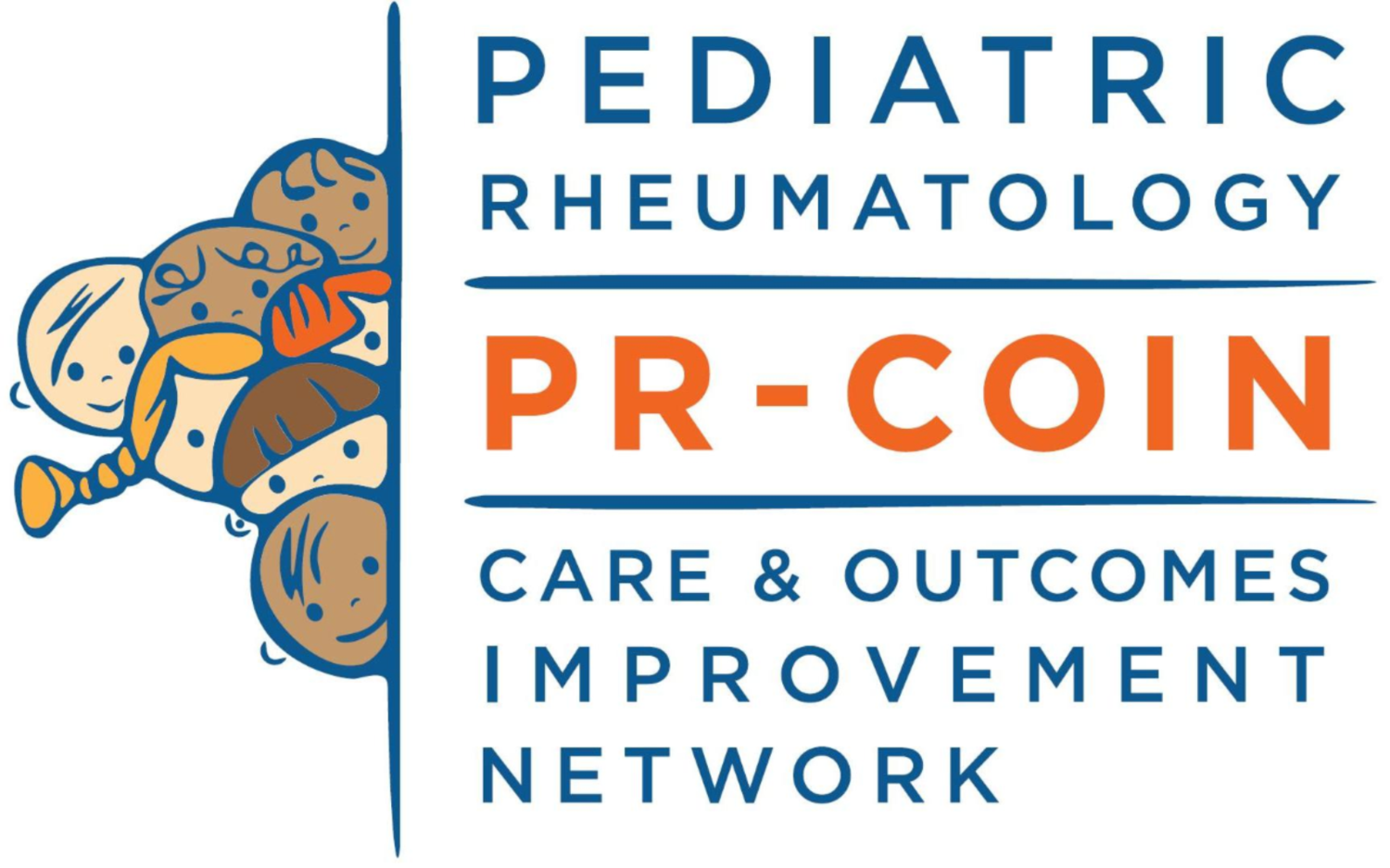Meet Dr. Mileka Gilbert
Many factors led Dr. Mileka Gilbert, MD, PhD to finding her home in pediatric rheumatology. Her interest in rheumatology began in medical school with an interest in immunology, which led to basic science research in lupus while in graduate school. A pediatrician suggested that she consider a career in rheumatology after seeing Dr. Gilbert’s research poster. She later did a rotation in pediatric rheumatology as a medical student and was hooked. She loved using her immunology knowledge and doing the musculoskeletal physical exam in pediatric patients with complex rheumatic diseases.
When Dr. Gilbert took her current job as a pediatric rheumatologist at the Medical University of South Carolina, it was already a member site of PR-COIN but she wasn’t too clear what it was. She had heard Dr. Esi Morgan talk a lot about quality improvement and implementing guidance from the American College of Rheumatology and the Childhood Arthritis and Rheumatology Research Alliance (CARRA). But it wasn’t until she attended a Learning Session for the first time in 2015 that she really started to get a sense of what it meant to work together as a team to develop best practices and implement research into clinical practice.
“What I found that was unique about PR-COIN was the full engagement of the entire pediatric rheumatology team, not just physicians, patients and parents involved, but also nurses, physical therapists, pharmacists, and IT specialists,” she says. “I thought it was really helpful to have all different perspectives in addition to the patients and families. I started to see clinical care in a different way, as everyone talking and working together with an equal voice.”
Gilbert became the site Primary Investigator around the end of 2016. She had never had formal Quality Improvement (QI) training and learned a lot from PR-COIN’s Nancy Griffin. “Learning the tools and then seeing this work in practice at different sites really helped me understand the skills and the best way to improve outcomes. It also introduced me to the world of implementation science.”
Gilbert developed an interest in the mental health of children with pediatric rheumatic diseases. She was part of a group awarded an implementation science design grant for proposal on depression screening. She says she doesn’t know if she would have had the thought of applying for this type of grant without being part of PR-COIN. They created a change package that is now being tested at three sites.
“Mental health has been a huge problem in my own clinic. One patient committed suicide. Many patients and parents are concerned. It’s challenging adjusting to a new diagnosis and chronic disease, and the isolation during COVID made it an even bigger problem. All three sites have parents involved.”
Using the juvenile arthritis disease activity score (JADAS) is something her clinic might not be doing if it weren’t apart of PR-COIN. The is a measure made up of the patient global assessment, physician global assessment, and active joint count and helps in determining the level of disease activity.
“At every encounter with the patient, we ask about information that helps us calculate the JADAS. It gives a number to follow over time. What’s really cool is that patients and families ask, ‘what is my number this time?’ Having something specific to follow helps them to be engaged in their care. If the whole pediatric rheumatology world used this, maybe we would have more patient and parent engagement in care and research. That’s what PR-COIN does, we get the evidence into practice.”
One of the biggest benefits of PR-COIN that Gilbert sees is getting to learn from other sites of how to overcome common struggles in trying to implement the evidence they have.
“A huge benefit of being part of a Learning Health Network (LHN) is to learn from all the different sites and our colleagues and as we say ‘to share seamlessly and steal shamelessly.’ That way it doesn’t have to take so long to get to the solution. Then when you figure out problems, you share with other sites and they benefit. You’re receiving and others are benefiting as well. Those who don’t have patient engagement can learn from sites that do, or those who don’t have physical therapists can learn from sites that do. With limited resources, it really helps to benefit from other sites that have what you don’t have.”
In addition to her titles of Associate Professor of Pediatric Rheumatology and Associate Program Director of the Pediatric Residency Program, Gilbert is the Director of Diversity & Inclusion in the Department of Pediatrics, Medical Director of Diversity & Inclusion at the Children's & Women's Hospital, and Assistant Dean for Resident & Faculty Inclusion at the College of Medicine.
The focus on health equity is something she likes about PR-COIN. If you don’t get the evidence to the patients, you may be contributing to health inequities. She says providers need to figure out if there are certain demographics being left out, and if that’s the case, to figure out interventions to improve health outcomes in those populations. One component of the depression screening project is determining if depression screening is done in an equitable way. So she says providers have to be intentional in collecting that data or they won’t find it. She currently has a couple of students who are working on QI projects looking at disparities in their own patients with JIA. She sees it as a way of recruiting providers into the field, to become interested in rheumatology through health equity work.
In her time outside working on PR-COIN projects and improving the quality of care of her patients, Gilbert loves to travel and watch sports, especially Tar Heel basketball. She also likes to watch documentaries to learn more about the lives and cultures of others.

